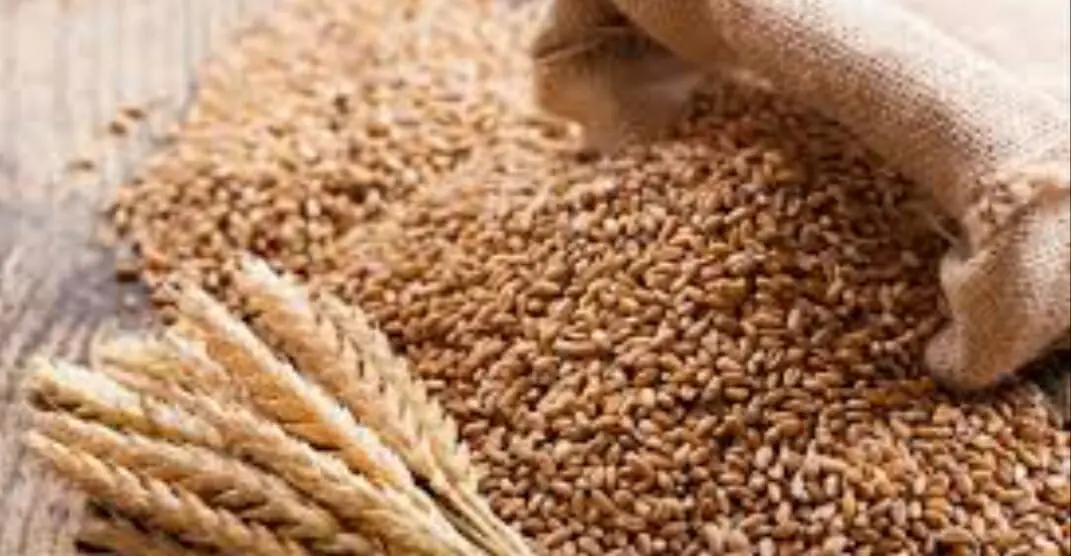There are no products in your shopping cart.
| 0 Items | £0.00 |


NIGERIA'S federal government has initiated ambitious wheat production plans centred around the empowerment of 12,000 farmers in Adamawa State in the northeast of the country as part of a programme to reduce imports.
Currently one of the world's largest wheat importers, Nigeria spends about N1trn ($700m) on imports, as the country only produces about 420,000, yet consumes a massive 6.5m tonnes. Wheat is the third most highly consumed grain in Nigeria after rice and corn as the country's bread industry is heavily dependent on it.
Under this new initiative, which is part of the National Agricultural Growth Scheme and Agro-Pocket (Nagsap) programme 16 states are being targeted nationwide. Under the scheme, farmers will be empowered to contribute meaningfully to boosting agricultural production and mitigating food inflation.
Salihu Jenenso, the Adamawa State coordinator of the Federal Ministry of Agriculture and Food Security, said that the programme seeks to enhance wheat cultivation through irrigation farming. Speaking during a visit to Kapo community in Fufore Local Government Area, he explained that the programme connects farmers with aggregators who purchase their produce after harvest, ensuring market access and reducing post-harvest losses.
His visit to Fufore evaluated farmers’ preparedness for the upcoming wheat farming season. Yusuf Musa, the Kapo village head, described the initiative as transformative and commended the government for prioritising wheat production.
Nigeria's Nagsap initiative is designed to provide beneficiaries with subsidised inputs, such as high-quality wheat seeds and fertilisers, to improve yields. After harvest, the programme also ensures sustainability by linking farmers with aggregators to purchase their wheat.